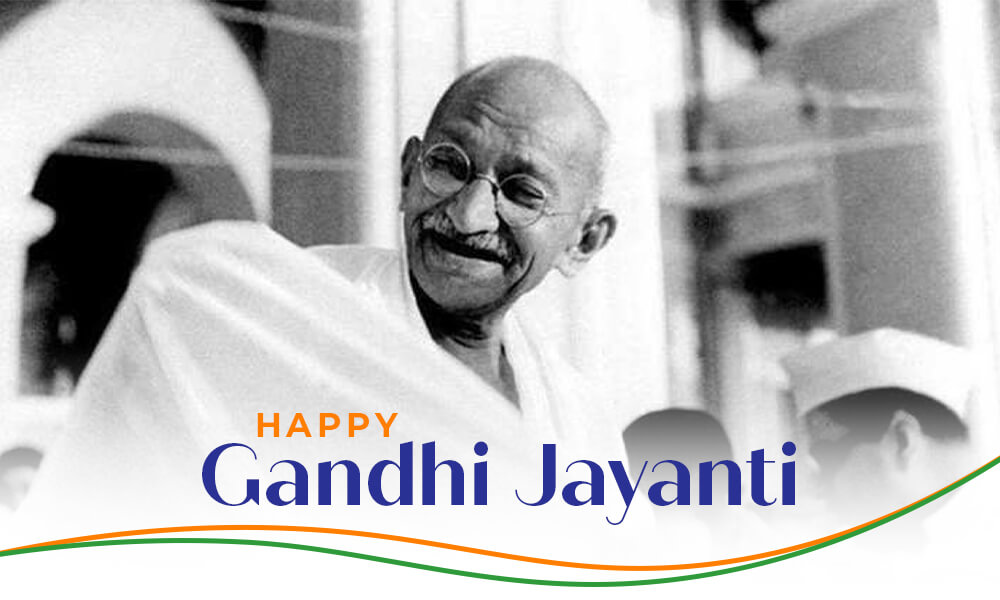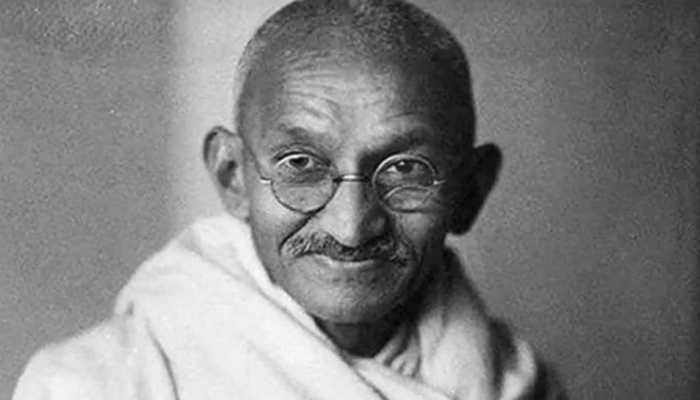Gandhi Jayanti
"Lessons in Nonviolence and Truth"
"Mahatma Gandhi, often revered as the Father of the Nation, graced the world with his presence on October 2, 1869, in Porbandar, a town now nestled in the heart of Gujarat, India. This year, we celebrate his 154th birth anniversary, an occasion of profound significance. Gandhi Jayanti, observed annually throughout India, serves as a solemn remembrance of the man whose unwavering dedication played a monumental role in India's quest for independence. Beyond his pivotal role in the struggle for freedom, this day also pays homage to his profound philosophies, which continue to inspire and guide lives to this day.
Gandhi's exceptional legacy lies not only in his pivotal role in India's struggle for independence but in the profound impact of his philosophy of non-violence (Satyagraha) and harmlessness (Ahimsa). His life symbolized an unwavering commitment to the pursuit of freedom and justice. Through peaceful resistance, he orchestrated several successful movements that challenged British colonial rule. However, this extraordinary journey met a tragic end on January 30, 1948, when he was assassinated by Nathuram Godse. Nevertheless, Mahatma Gandhi's enduring legacy continues to inspire generations as a symbol of resilience, nonviolence, and an unwavering dedication to the pursuit of justice and freedom.
GANDHI BEFORE INDIA:- Gandhi Before India by historian Ramachandra Guha is considered to be another great book which tells you about the life and times of Gandhi. Published on his birth anniversary in 2013, the book explores his journey as a lawyer in South Africa where he witnessed discrimination and racism that people from the communities of colour faced.

)
Nice
ReplyDeleteHappy Gandhi jayanti
ReplyDelete